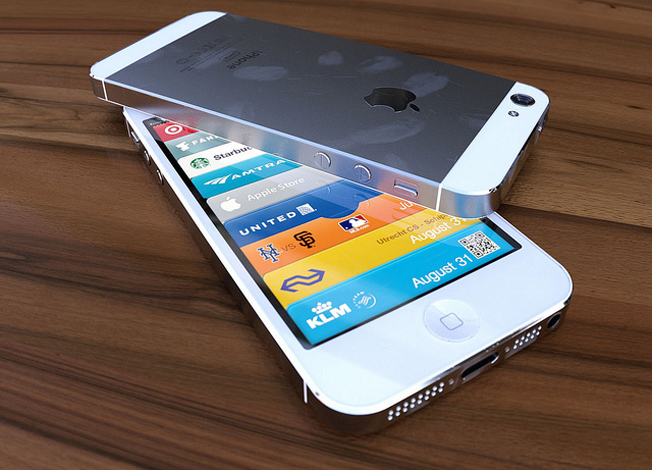This is an entirely stunning statistic: Apple‘s iPhone sales are now worth more than all of Microsoft:
One Apple product, something that didn’t exist five years ago, has higher sales than everything Microsoft has to offer. More than Windows, Office, Xbox, Bing, Windows Phone, and every other product that Microsoft has created since 1975. In the quarter ended March 31, 2012, iPhone had sales of $22.7 billion; Microsoft Corporation, $17.4 billion.
Now when we say “worth” there’s a number of different things that we can mean. One way would be to try and measure the stock market value of the iPhone against all of Microsoft for example. But this isn’t something easily done: sure, we could make attempts at it but we’d not get very close to a decent result. Too much of the value that we ascribe to Apple is of the entire ecosystem, including the company’s reputation for style, for us to really be able to pull out separate market valuations for a specific product.
We might also try looking at profits: we know what those are for Microsoft but pulling them out for the iPhone alone would be difficult. Partly the problem above, we’re absolutely certain that the iPhone makes more profits as an Apple product than it would if exactly the same item were being sold by anyone else. Partly also how it influences the whole Apple ecosystem: what portion of iTunes profits should be ascribed to the iPhone, what to the iPad, what to entirely other systems?
While it’s not really correct, for “worth” implies a stock value not a flow value, and sales is a flow not a stock, the easiest of the available numbers to use is just that: compare the sales. And as Vanity Fair notes, the value of sales of iPhones is now greater than the value of the entirety of Microsoft’s sales.
And the thing is, that’s not really the most remarkable thing about Apple’s recent achievements. The truly strange thing is that they’ve managed to gain this level of sales while making software style margins on selling hardware. That’s the trick that no one else is managing at all.
Via: Forbes











